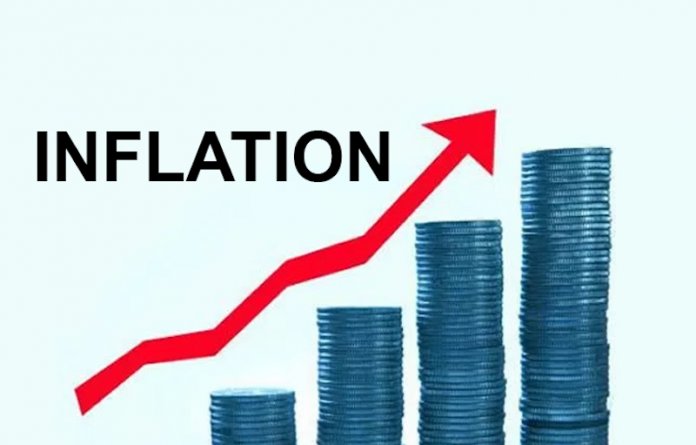Professional services firm, PricewaterhouseCoopers (PwC Nigeria), has projected that Nigeria’s headline inflation may decline marginally to 21 per cent in 2024.
PwC, in its latest Nigeria Economic Outlook, released last week, said headline inflation rose steadily from January to December 2023, reaching an 18-year peak of 28.92 per cent in December, from 28.2 per cent in November 2023.
On Year-on-Year (Y-o-Y) basis, PwC said the inflation rate increased by 7.58 per cent points when compared to December 2022 inflation rate of 21.34 per cent.
“The rise in inflation was fueled by food (33.9 per cent) and transportation inflation (26.7per cent).
“The aggregate drivers of inflation in Nigeria include naira devaluation, increased food prices, high import bill, rising energy and logistic costs,” PwC said.
The PwC report, which highlights the seven key trends that will shape the nation’s economic trajectory in 2024, however, said “We project that headline inflation may decline marginally to 21 per cent in 2024.”
The report was authored by PwC Nigeria’s Partner and West Africa Lead, Olusegun Zaccheaus; Lead Economist and Researcher, Omomia Omosomi; and Senior Economist & Researcher, Adesola Borokini.
The team of experts stated that the inflationary pressure in 2024 may be driven by a combination of the pass-through effect of the rise in international oil price on domestic energy cost and exchange rate pressures.
The report said, for instance, that while the U.S Energy Information Administration (EIA) forecasts that the average international oil price may be $93.24/b in 2024, Standard & Poors (S&P) forecast that the average official exchange rate may be ₦859.14/$ in 2024.
PwC, while pointing out that in the short-term of 2024, inflation may reduce marginally, however, said inflation will remain double digit due to food prices, domestic energy costs and exchange rate pressures.
These factors, according to the report, will weigh further on the purchasing power of consumers and the decisions of investors.
It, however, said inflation may experience modest reduction in the mid-term and long term of 2024 on the back of marginal gains from the ongoing fiscal reforms.
“Double digit inflation will persist in 2024 but will be lower than the peak experienced in 2023,” PwC stated.
The report identified the key drivers of inflation in Nigeria to include exchange rate and food prices, noting, however, that exchange rate pressure will persist as policy authorities implement actions to drive price stability.
It also said the food inflation rate in November 2023 was 32.84 per cent Y-on-Y, which was 8.72 per cent points higher than the rate recorded in November 2022 (24.13 per cent).
For instance, in November 2023, average price of 1kg of rice, brown beans, and tomato increased by 73 per cent, 45 per cent and 67 per cent, respectively, compared to November 2022.
“The Food and Agriculture Organisation (FAO) projects that Nigeria may experience increased prices of staple foods such as rice, maize, cereals, etc. in 2024.
“The inflationary trend of 2024 is vested on the exchange rates, food prices, import bill, energy and logistic prices,” the report said.
On a Y-on-Y basis, average transport rose by 64.44 per cent from N637.10 in November 2022 to N1, 047. 63 in November 2023.
Also, the average retail price per litre of petrol increased by over 200 per cent from N202. 48 in November 2022 to N648. 93 in November 2023.
“The rise of energy and logistics costs stemmed from the discontinuation of fuel subsidy, higher international oil prices and naira devaluation against US dollar,” PwC said.


